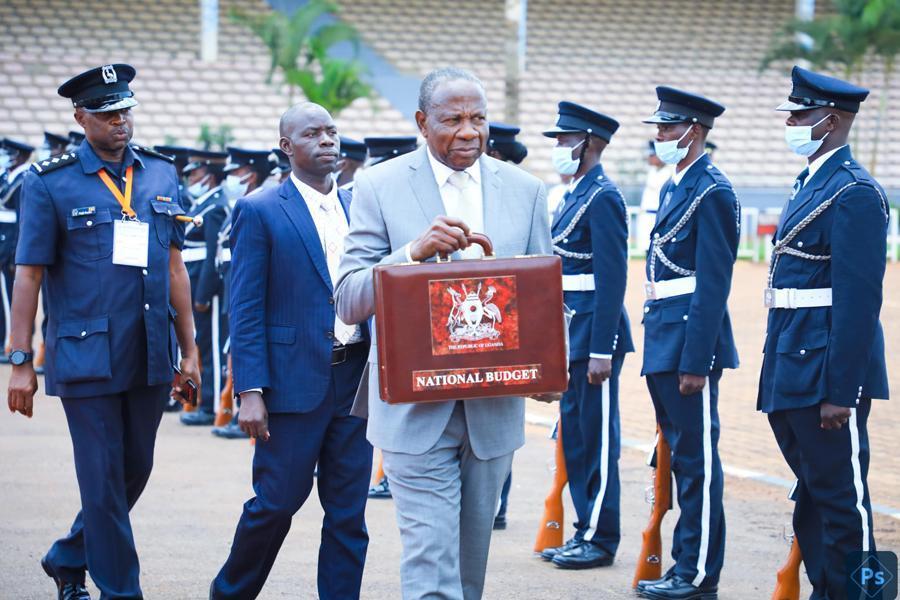Africa-Press – Uganda. As the week draws to a close, the Permanent Secretary/Secretary to the Treasury (PS/ST) is expected to release the second budget call circular, offering feedback from Parliament following the approval of the budget framework paper.
For the upcoming 2025/26 fiscal year, Uganda’s budget will see a decrease from the current 72 trillion shillings allocated to the ongoing financial year.
Despite the reduction, PS/ST Ggoobi highlighted a shift towards focusing on initiatives that stimulate economic growth.
“The 2024/25 budget included one-off expenditures, such as the significant debt repayment to the Bank of Uganda amounting to 7.7 trillion shillings, which will not be repeated in the next fiscal year,” he explained.
The revised budget will place a strong emphasis on sectors vital for wealth creation, with Agriculture and Tourism (ATMs) at the forefront.
To ensure these sectors thrive, the government will prioritize essential enablers, including a reliable electricity supply and efficient transportation networks.
In a significant announcement, Ggoobi confirmed that the long-awaited Standard Gauge Railway (SGR) construction will begin in March 2025.
“Contract agreements have been signed, and initial disbursements for construction have been made,” he stated.
The SGR, expected to take 4-5 years to complete, promises to revolutionize transportation and logistics, creating a ripple effect across trade and economic activity.
Another critical aspect of the budget focuses on supporting businesses and entrepreneurs. The government plans to inject capital into the Uganda Development Bank (UDB), which will help enhance access to credit for businesses.
Additionally, the Uganda Development Corporation (UDC) will also be capitalized to facilitate co-investment with strategic producers and service providers.
The oil sector will play a key role in revenue generation for the government in the coming year. With 780 kilometers of the oil pipeline already in place, the government expects the remaining pipeline to be completed by the end of 2025.
The final investment decision for the 60,000-barrel-per-day oil refinery is also anticipated soon.
To further enhance the nation’s transport and energy infrastructure, the government plans to implement a fuel pipeline system.
This initiative aims to reduce reliance on road transport for fuel distribution, which will not only improve efficiency but also reduce costs and mitigate the hazards associated with transporting flammable liquids.
This approach reflects a strategic reorientation of the national budget to bolster sustainable economic growth through infrastructure, energy, and business development initiatives.
For More News And Analysis About Uganda Follow Africa-Press






